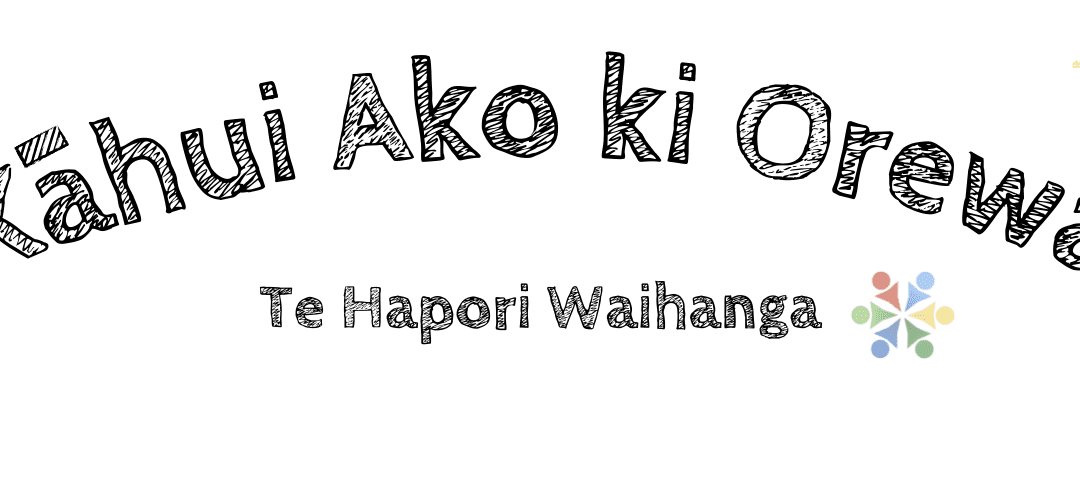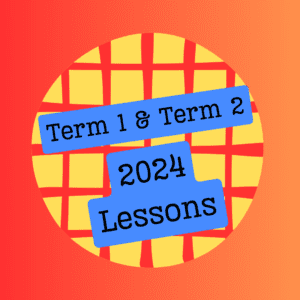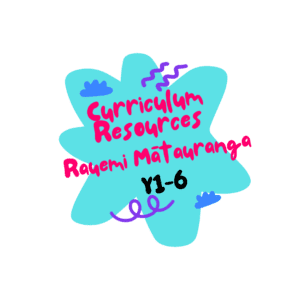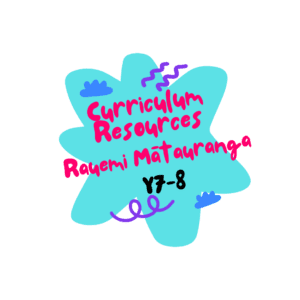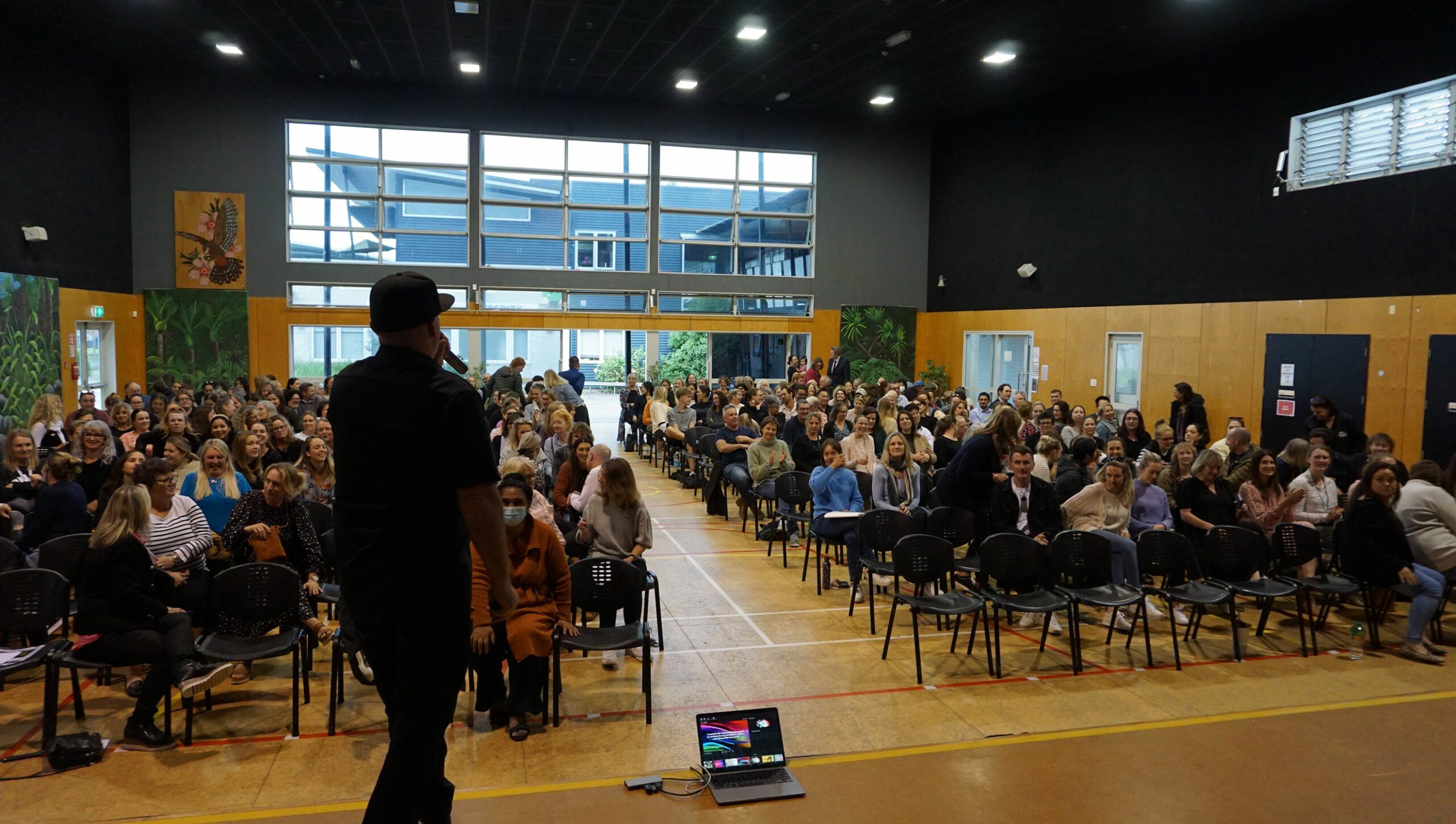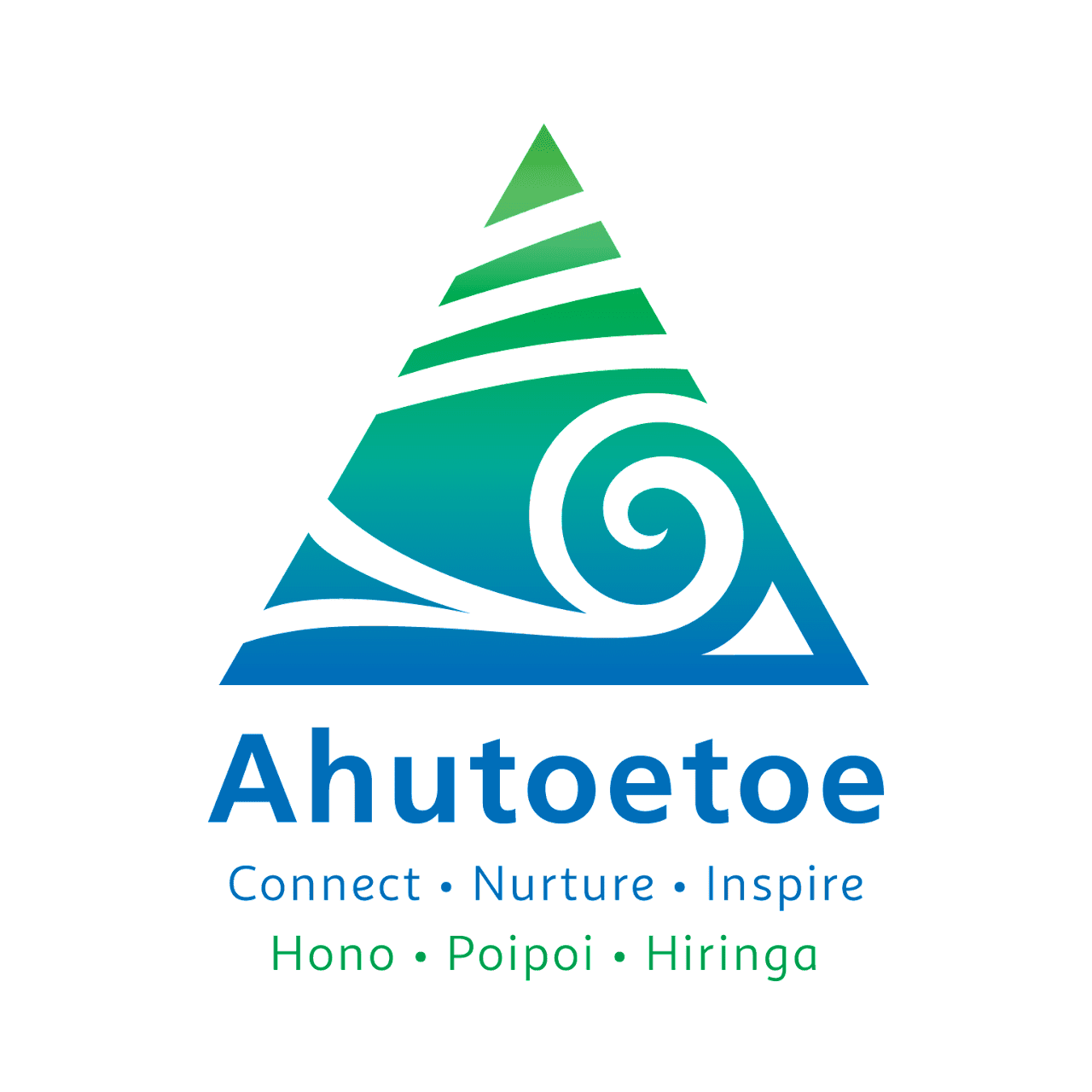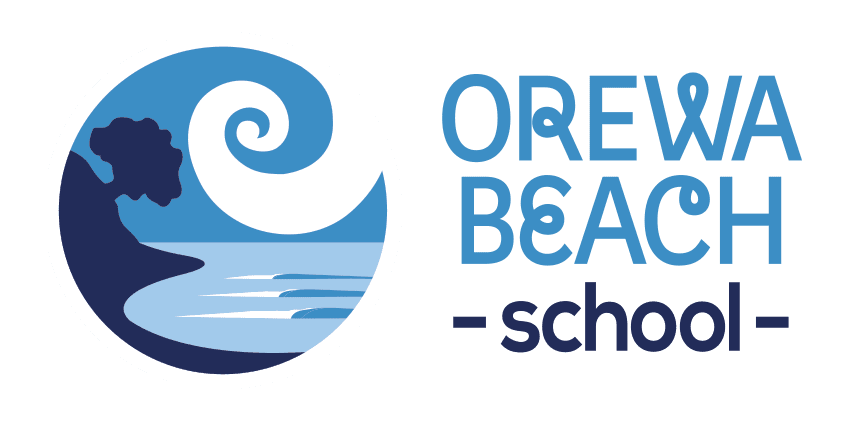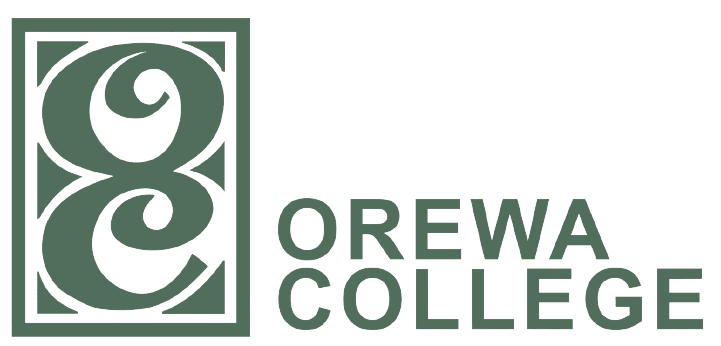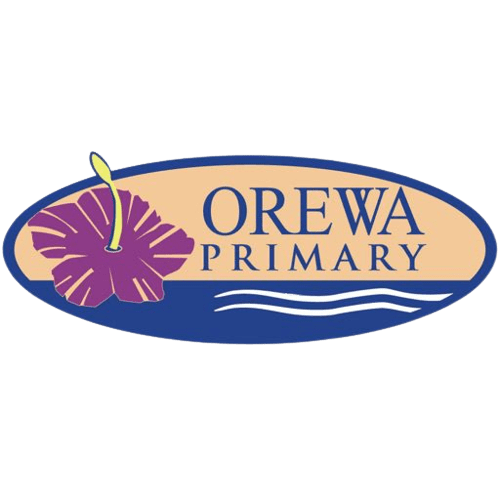Competition – Each week we will have a competition. One lucky winner will receive a $20 Millie’s Coffee voucher! It’s simple, just email your answer to [email protected]This week’s Question: What does the colloquium “Marika” translate to?
Have something to share? Get in contact with one of our Across School Leaders – we would love to hear from you!
[email protected] Te ao Māori
[email protected] Hauora
[email protected] Future Ready
[email protected] 21st Century Learning
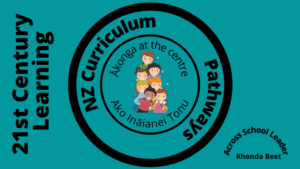
MoveNproves
Throughout 2022 a number of schools participated in the Just-in-Time Maths initiative. One of the amazing and comprehensive resources produced is the moveNproves. Below is an example of a moveNprove suitable (but not exclusive) to a Year 2 class. The exciting news is that there are moveNproves available to be used for Year 0-8 classes in number, measurement, space (used to be called geometry), statistics and probability.

Students first decode what the problem is and then decide what they think the answer is. Each corner of the classroom is given a letter (A, B, C or D) and the children go to the corner they think represents the answer. They then defend their answer.
These moveNproves help teachers focus on the errors in children’s thinking. They allow teachers to go beyond the traditional “True or False” or hands up if you know.
MoveNprove provides a safe and inclusive environment which encourage students to move around the room and show their current thinking. It enables teachers to listen to incorrect answers which students come up with and provides valuable insights into their thinking, misconceptions and incorrect processes they are applying.
It promotes mathematical discourse and students learn to critique others ideas.
Attached below you’ll find a link to a spreadsheet featuring all of the moveNproves to make finding a suitable activity so much easier. All of the activities are hyperlinked for easy access and the colour bar provides a rough indication of which levels they might be suitable for. You can access the spread sheet here https://bit.ly/TLFmoveNprove
There is even a template on there to make your own, or have students who need extending make their own and share them with others! Get out there teachers and moveNprove!
Example of Spreadsheet (click on link above to access)

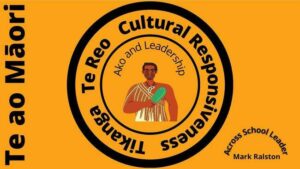

On Thursday 23 March / Tāite, te 23 o Māehe, we are holding our annual pōhiri for staff who have never been to our Local Marae, Te Herenga Waka o Orewa.
It is highly recommended that for all to make the journey no matter how long you have worked in one of our kura. There you can begin the process of connecting/whakawhanaungatanga with local Māori leaders and learn the important history and place this taonga/treasure holds in our community.
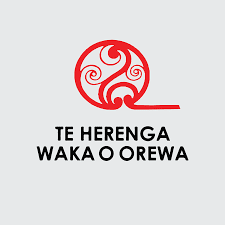 There will be light refreshments as part of the process so if you have any dietary requirements, please indicate when completing the registration form.
There will be light refreshments as part of the process so if you have any dietary requirements, please indicate when completing the registration form.

Marika! Mar-dre-kah
This is a kīwaha (colloquialism/saying) that can be used when you agree with something.
Example:
Hone: Wow! That kapa haka performance was fierce!
Meri: Āe Marika! (Yes Indeed!/Agreed!)
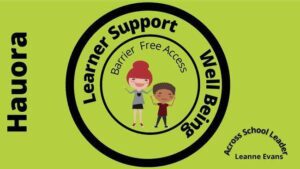
Hauora/wellbeing is included in the curriculum refresh process. There are two main areas:
- i) Relationships and Sexuality Education
- ii) Mental Health Education
Over the next few editions, we will look closer into the new Guides. The Relationships and Sexuality Education Guides are available to view online at Guides link. The actual printed book versions will be sent to schools for all teachers in term 4 of this year. A few copies of these guides, and the Mental Health Education guide have already been sent out to school Senior Management across the country.
Relationships and Sexuality Education
There are two guides: one for Year 1-8, and one for Year 9-13. These documents have been written as a guide for teachers, leaders and Boards of Trustees.
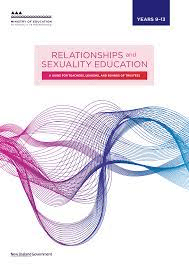

These six videos are Effective Practise Showcases which help us to understand and unpack ideas for implementing the Relationships and Sexuality Education concepts in our educational setting.
Primary
Christchurch South karamata Intermediate
Secondary
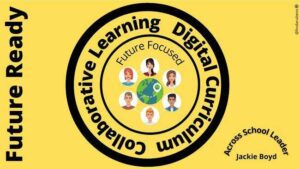

Have you heard about the Wonder Project?
The Wonder Project is an engaging programme designed to teach kids STEM in a hands-on and engaging way. It is a free programme and offers fun for both akonga and kaiako.
The Wonder Project links easily into a range of different curriculum areas and is designed to spark wonder and aw in young kiwi minds. Designed for Y5-13 it gets our students excited about a future in STEM.
Check out more information here
What it Takes to Ready Learners for Jobs that Don’t Yet Exist
Article – UTB February 2023 – Link
How do you prepare students for their future careers when those jobs aren’t even in existence? What skills will they need to develop in order to utilise technologies that are years away from being invented? Will they be ready to solve problems so far down the line they aren’t even visible yet?
This exploration imagines a yet-to-be-determined future and maps what abilities students might need to have under their belt in order to be successful.
A Look at the Changing Workplace
No one could have predicted just how much work would change even in the last few years. So it’s reasonable to imagine that what’s ahead is, well, unimaginable.
The only thing that’s really certain in our uncertain future is how important soft skills will remain. Gartner predicts these six social-digital skills will be at the top of every recruiter’s wishlist in the next decade:
- Empathy-first leadership. Middle managers will function more like motivating coaches than task drivers. Instead of maximising performance through evaluation, the most effective management will solve for new realities like work-life enmeshment and values alignment.
- Life-long learners with digital dexterity. In soon-to-be workplaces, seniority won’t be determined by the number of years you’ve been working. The most effective employees will be in a continuous cycle of digital upskilling and cognition building.
- A commitment to wellness.As work-related stressors like burnout expand, monitoring for wellbeing will, too. Leaders will need to familiarise themselves with tech-enhanced solutions that, “assess when people have worked too much and when they need to recharge by monitoring their biorhythms, nutritional requirements and exercise needs.”
- Workplace automation. The more familiar an employee is with AI software and smart machines, the more opportunity they’ll have to virtualise and amplify their efforts.
- Purpose-driven impact. With an emphasis on overall equitability, employees that value passion over a paycheck will have the most support in championing social causes through the work they do.
- Strong social intelligence. We’ve seen how technology and remote work can lead to isolation. Relationship building and culture cultivation will be among the top-rated skills as the push for work-life balance intensifies.
Soft Skills Continued
You don’t need a yet-to-be-created job posting to recognise how applicable certain skills will be – and learners don’t either.
According to Fast Company, “81% of students said they thought school should focus most closely on developing real-world skills, such as problem-solving and collaboration, rather than focusing so much on specific academic-subject-matter expertise.”
Organisations like The World Economic Forum agree and have identified key learning opportunities in well-rounded categories like problem solving, self management, people skills, and technology use.
Their top ten skills for 2025 and beyond include:
- Analytical thinking and innovation
- Active learning and learning strategies
- Complex problem-solving
- Critical thinking and analysis
- Creativity, originality and initiative
- Leadership and social influence
- Technology use, monitoring and control
- Technology design and programming
- Resilience, stress tolerance and flexibility
- Reasoning, problem-solving and ideation
The Role of Edtech and AI
To increase achievement and set students up for long-term success, many schools are incorporating emerging technologies, such as Artificial Intelligence, Virtual Reality, and Augmented Reality, into the classroom. These innovative and engaging teaching methods create formative learning experiences that help learners develop a language and ongoing framework for their tech-fueled success.
But whether or not we can teach these skills at scale before the job market does a 180, remains to be seen.
To help things along, experts like ISTE prescribe an interdisciplinary approach that blends soft skills and digital prowess: “As AI becomes increasingly advanced, the ability to work collaboratively with AI will become a key job skill in many different fields.”
Though it’s naive to think we can reliably predict the future with any certainty, the evergreen skills outlined above represent a solid foundation to build – no matter what comes next.

Computational Thinking Digital Progressions
Designing and Developing Digital Outcomes Digital Progressions
Kāhui Ako Hui Dates – Term One 2023
16th March – Dairy Flat 10am – ASL and WSL Orewa College 3.30pm
30th March – Orewa Beach 10am – ASL and WSL Orewa College 3.30pm

